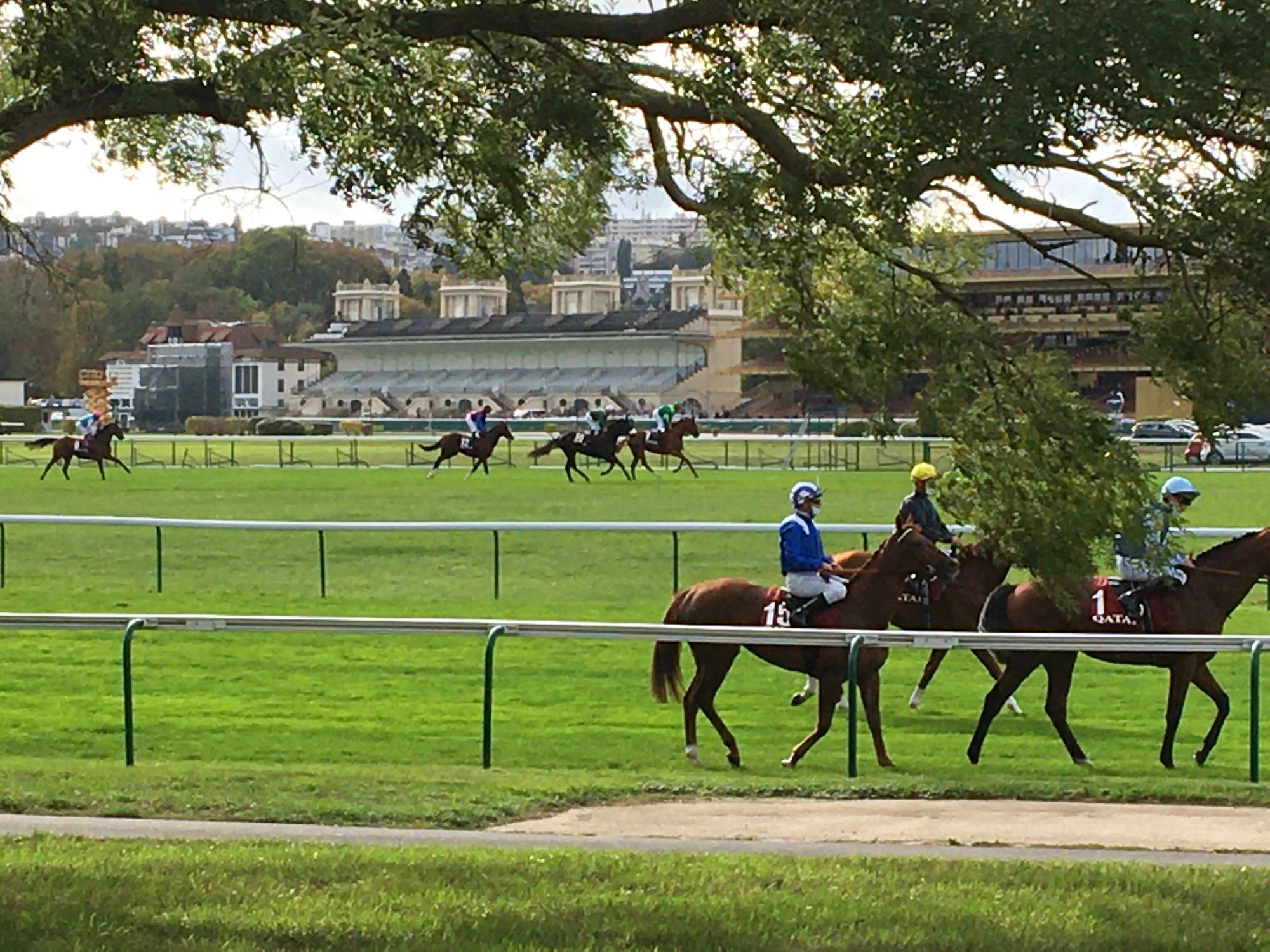By Xander Brett, Third Year, History of Art and French
The Croft Magazine // In the third instalment of his series ‘Letters from Paris’, Xander Brett highlights the current ties between France and Lebanon.
4th October, 2020
Ordinarily attended by over 50,000 spectators, Paris Longchamp can welcome only 1,000 essential workers this year. With prize money of €5 million, the Qatar Prix de l’Arc de Triomphe attracts the best horses from the UK, Ireland, Australia and America. The 2020 race is now but a television spectacle. My attendance has been cancelled, and I will watch through a fence at the racecourse perimeter. But though the public are banned, the race has not lost its importance. As in the UK, television spectacles are a demonstration of solidarity. On Thursday night, the nation turned to France Télévisions and Radio France for a concert from Paris. Unis pour le Liban was an opportunity for the French Red Cross to fund their rebuilding of Beirut, two months after it was rocked by a catastrophic explosion.
Watching the concert, it was the special relationship between France and Lebanon that shone through. Reports from the victims took every opportunity to thank France, and to point out that, while the rest of the world moved on, the French government stuck around. Indeed, President Macron remains the only world leader to have visited Beirut since the explosion. Lebanon was a French colony for just 23 years, but France’s legacy outweighs this. Use of Arabic is declining, and well over half of Lebanese students are enrolled in Francophone schools. 20 per cent of the population say they use French on a daily basis. While Israel turns to North America, Lebanon takes pride in turning to Europe. Over 150,000 Lebanese now live in France, and the French-Lebanese trade value was estimated at €934 million in 2016.

Stretching across Indochina, Africa and the Caribbean, the French Empire was vast. Today, though much diminished, it is still in place. France rules areas of South America, and even controls two islands off the coast of Quebec, its most famous former colony. French possessions are constituent parts of the nation. Many are regions and departments, with the same constitutional status as Paris or Provence. They vote in French elections and use the Euro. They follow French laws and, like Paris or Provence, have little opportunity to create their own. In most of these areas, unification is strong. In others, however, there are movements to break away. Today, the Pacific archipelago of New Caledonia, a collectively of 271,000 people, will vote on their islands’ independence. A referendum in 1987 showed just 1.7 per cent in favour, but that gap had dramatically narrowed in a vote two years ago. With the government preoccupied with Covid-19, there are concerns that this year’s vote may return a majority in favour. Loyalists say that, should New Caledonia become a sovereign entity, its size and location will lead to Chinese-Australian stand-offs. Separatists say the government’s handling of coronavirus has struck the economy hard, despite New Caledonia experiencing just 27 cases.
Coronavirus has dominated what would, in other times, have been issues of immense importance… the breakup of the European Union, and now the potential breakup of France. Had this vote taken place last year, the French would, of course, have been glued to their screens to discover the fate of their nation. In September 2020, all we know of a sovereign breakup is in a two-page spread of Le Monde. There are reports on the television and radio, but it is seldom discussed on the street. It won’t be until the pandemic ends that we appreciate its historical importance.
Listen to Xander's weekly Burst Radio podcast 'Letters from Paris'.









